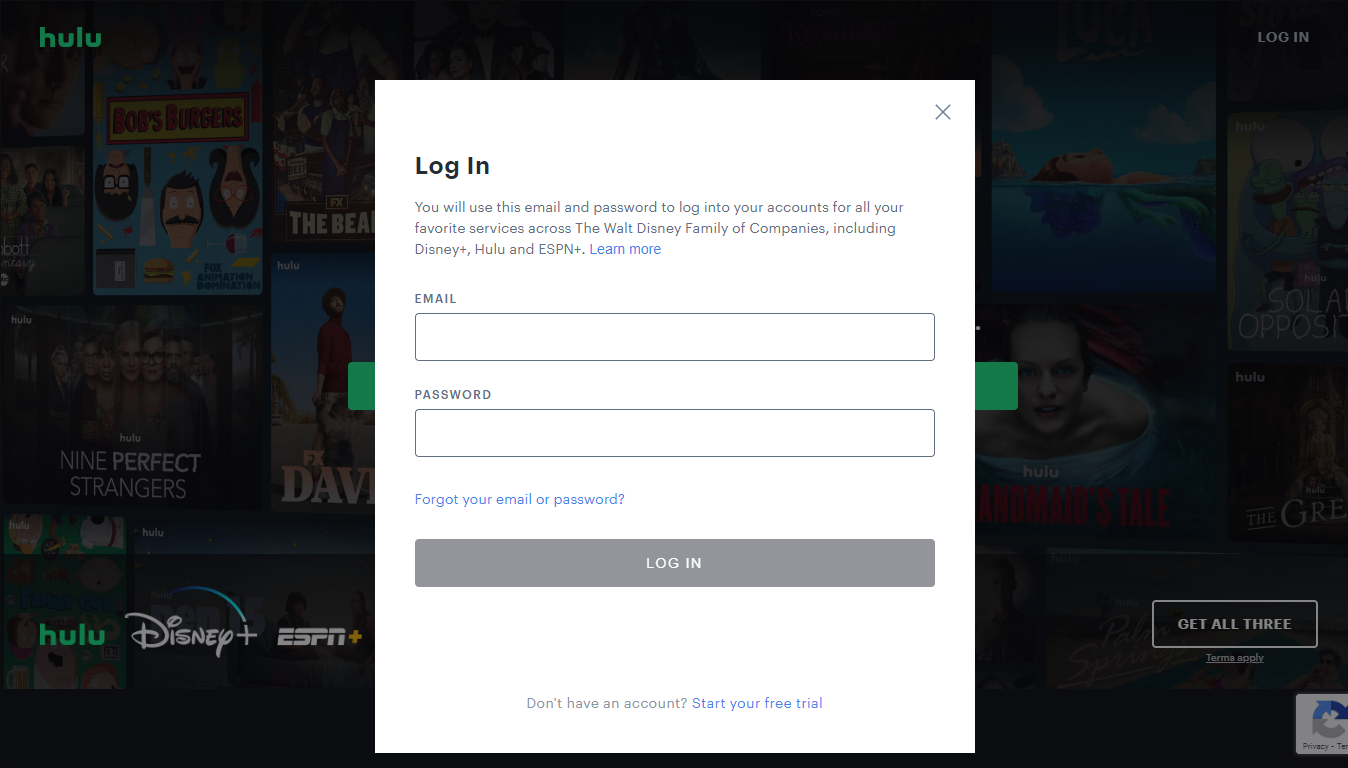Survey: 27% of Streaming Services Are Used in More than One Household; Young People Share Most Often

Password sharing has become a norm in the streaming world from a consumer standpoint. The ease with which customers can swap login information and suddenly gain access to thousands of streaming titles has become ingrained in users of almost every service available, suggesting it won’t only be Netflix who has issues if rules against account sharing spread across the industry.
A new survey from Leichtman Research Group is showing just how pervasive password sharing has become. Its numbers show that 27% of all direct-to-consumer (DTC) streaming accounts are used in more than one household. A breakdown of the data demonstrates that 13% of DTC services are used and paid for by those that also share them with someone outside the household, while 12% of DTC services are used in one household but are borrowed from another household that is paying for the service. A further 2% of DTC services are used by multiple households that share costs.
Leichtman’s survey also shows which age groups are more likely to be sharing a streaming service. Among people 18 to 34 years old, 17% of all DTC services are fully paid for by someone else — compared to 8% among ages 35+. People aged 18 to 34 account for 55% of all DTC services that are fully paid for by someone else, which demonstrates that younger customers are more sensitive to economic pressures and feel they’re less able to pay for all the entertainment they want to watch.
The data also shows which streamers are seeing the highest rates of password sharing currently. Unsurprisingly, Netflix leads the way as 14% of those on the service have it fully paid for by someone else — compared to 13% with HBO Max and 12% with Hulu. That certainly demonstrates why Netflix is the furthest along in its efforts to curb password sharing.
The numbers from Leichtman back up another recent survey, which showed that 54% of individual streaming users are sharing at least one password. That survey also showed just how accustomed consumers have become to the ability to share accounts; 35% of Netflix users said they would cancel the service if rules against password sharing are put into effect in the United States.
Leichtman’s data is yet another sign that streaming providers need to be extremely careful when considering introducing rules against account sharing. Streaming customers have been conditioned to be able to share logins without fear of reprisal, and clearly consider the limiting of simultaneous viewing to a certain number of screens (which every service already does) to be enough of a restriction.
The fact that more than one in four streaming accounts is used in multiple households helps to explain the leveling off of spending on streaming in the past few years. Since 2021, the average amount that people spend on subscription video every month has held steady at $43.25 per month. This is a reflection of many factors, including external economic pressures like inflation, but it’s clear that password sharing has also played a part in the lack of growth considering that price increases haven’t stopped during that time.
All in all, streaming providers are in a bit of a fix when it comes to cracking down on password sharing. Doing so could help them boost revenues and take a bigger step toward enhanced profitability, but streaming users are clearly well-accustomed to the ability to share accounts, and industry-wide efforts to limit that practice could cause a backlash amongst users that would be hard for some services to recover from.
Netflix
Netflix is a subscription video streaming service that includes on-demand access to 3,000+ movies, 2,000+ TV Shows, and Netflix Originals like Stranger Things, Squid Game, The Crown, Tiger King, and Bridgerton. They are constantly adding new shows and movies. Some of their Academy Award-winning exclusives include Roma, Marriage Story, Mank, and Ma Rainey’s Black Bottom.

